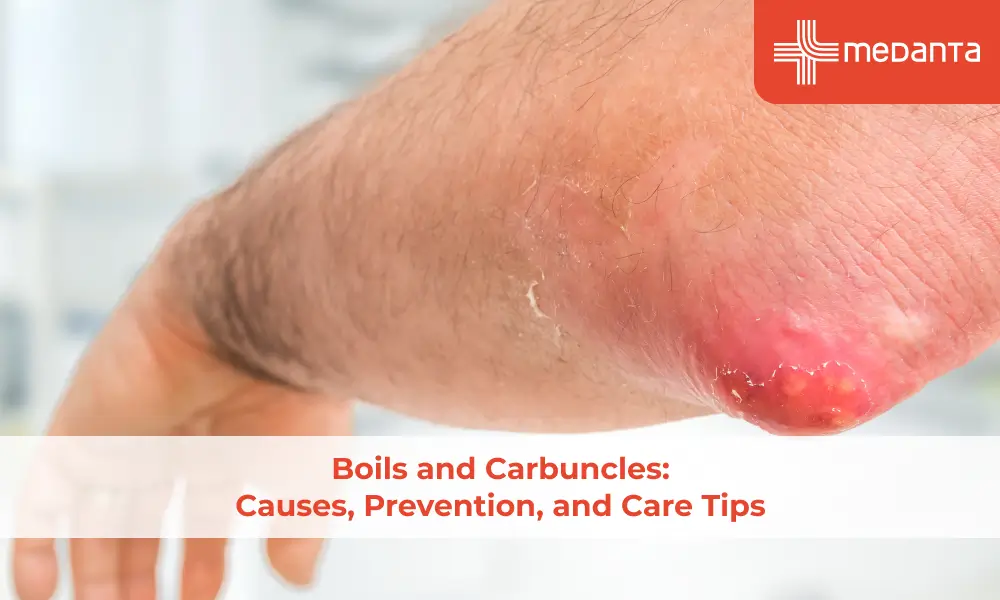Best & Safe Way to Take Your Medicines

Medicines & Drugs Overview
Medicines and drugs are prescribed to us with the intent to help us to recover and heal safely and stay healthy. However, if you end up taking medicines the wrong way or mixing them together, it can be proven dangerous for your health. You need to know everything about how to take medicines safely and know the ideal time gap between taking medicines to have their optimal impact.
Instructions on Medicine Usage
Based on the medicine label, here are some special instructions on taking your medicines correctly:
- Before Meal – Doctors prescribe the appropriate medicines taken before meals to avoid any potential drug-food interaction. Taking before meals medications on an empty stomach increases their absorption capacity when the stomach is empty. For instance, certain gastro-resistant medications work best when consumed empty stomach.
- After Meals – This is usually advised to prevent any kind of stomach irritation or change in bowel movements. Medicines like mefenamic acid and the majority of antibiotics shouldn’t be taken when the stomach is empty.
- Before/After Meals – This means that the medicines can be taken any time of the day irrespective of the meals. Taking certain medications any time of the day means that their intended action and absorption won’t be affected by the meals. Examples of such medications include paracetamol and chlorpheniramine.
- With Meals – There are certain medications that have to be taken with the food to increase their action and absorption capacity. This means that the medicine must be consumed with the first morsel of the food to increase its efficacy. Such examples include calcium carbonate and acarbose.
- Only in the Morning – This is prescribed to avoid any potential side effects to the patient’s normal lifestyle. For instance, diuretic medicines like frusemide cause a patient to urinate excessively. Such medicines are prescribed to be taken during the day only as taking them at night will result in frequent urination trips to the loo and disturbing sleep ultimately.
- Only at Night – There are certain medicines that increase the efficacy and absorption capacity at night. Such medicines are specifically advised to be taken at night only. Examplecholesterol-lowering medicines(statins).
- SOS – This category of medicines should only be taken in case of a certain symptom or an occurrence like painkillers such as paracetamol and mefenamic acid.
How to Take Medicines Correctly?
The most common way of taking medications is oral. Based on the prescription by your medical practitioner, you can consume oral medicines and pills by swallowing them, chewing them, or placed under the tongue till they dissolve completely. Knowing how to take medicines safely and correctly is important to stay steer clear of any side effects or adverse reactions.
Here are some useful tips on how to take medicines safely and correctly:
- Adhere to Instructions
When you receive your medicine, it’s extremely important to read the medicine labels carefully. There are several important information pieces printed on a medicine label which should never be overlooked. Here they are:
- Full name of medicine
- Complete list of ingredients and units
- Ideal storage conditions
- Desired route of administration
- Instructions on medicine usage/consumption
- Manufacturing information/ Expiry
- Warning information
- Possible side effects
Make sure you read and understand the information well to have its potential benefits. Knowing how to take medicines correctly and safely ensures you don’t suffer any adverse medicine reactions. For instance, if you only have a runny nose and you end up taking an over-the-counter cold and cough syrup, it might cause unwanted side effects.
- Know the Right Amount
We know when you’re taking medicines, you’re unwell and want to recover as soon as possible. However, if you take a larger than recommended dose of medicine thinking it will help you bounce back faster, it will only end up making things worse for you. If you’re wondering what happens if we take more tablets at a time, a larger dose than what’s necessary can get deadly or even fatal in some cases.
Similarly, if you’re the kind of person who avoids taking medicines, don’t take half than required medicines or skip some of them. Taking the complete medication as per the doctor’s advice is important.
- Take Medicine on Time
This is a tricky subject and has to be dealt with accordingly. As much as knowing the required dose is important, knowing how to remember to take medicine is equally crucial. Everyone has their own way of remembering how to take medicine, for instance, some people tie it with their meals while some people use bedtime as reminders.
There are multiple ways of remembering how to take medicines like pill boxes, charts, calendars, setting timers, and writing reminders. Make sure you always maintain the ideal time gap between taking medicines.






